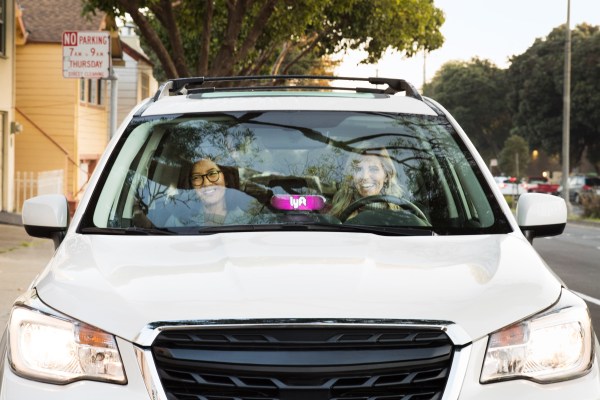Lyft is making 200 new long-range EVs available to rideshare drivers as part of its Express Drive program, the company revealed today. Express Drive is a program that Lyft offers to provide rental cars to drivers on its platform, as an alternative to options like long-term leasing. Express Drive members get unlimited miles, as well as included insurance, maintenance and roadside service, with the ability to return the car after a rental period of as little as just a week.
These 200 new EVs (all Kia vehicles for this particular deployment, Lyft tells me) will be available to Express Drive Lyft drivers in December, and the rideshare company says that this is “the largest single deployment of EVs in Colorado’s history” – and there’s good financial reasoning for the timing of Lyft’s introduction of the program – in May, Colorado Governor Jared Polis signed a bill into law that provides rental programs for rideshare operators with the same incentives that it provides consumers at the state level: as much as $5,000 per car purchased.
EV deployments of this nature have benefits across all aspects of the rideshare economy: Lower operating costs for drivers are one immediate effect, for instance and Lyft says that it’s seen costs drop between $70 to $100 for drivers on average based on existing EV fleet deployments in both Seattle and Atlanta. For cities and residents, it’s obviously beneficial in terms of lowering net emissions resulting from cars on the road. The jury is still out on whether rideshare and ride-haling programs ultimately decrease the total number of cars on the roads, but if programs like this can speed the adoption of EVs and ensure they represent a higher percentage of the mix of vehicles that are driving around cities, that’s a net win.
Large fleets of EVs in operation also provide incentives for infrastructure operators to ensure that there’s a good charging network on the ground for these vehicles to take advantage of. That, in turn, means that the infrastructure is present for consumers to take advantage of, which helps with the general EV adoption curve.
Lyft also says it’s aiming to “electrify more of the Lyft fleet each year moving forward,” so expect additional cities and fleet deployments to follow as it works on those goals.
